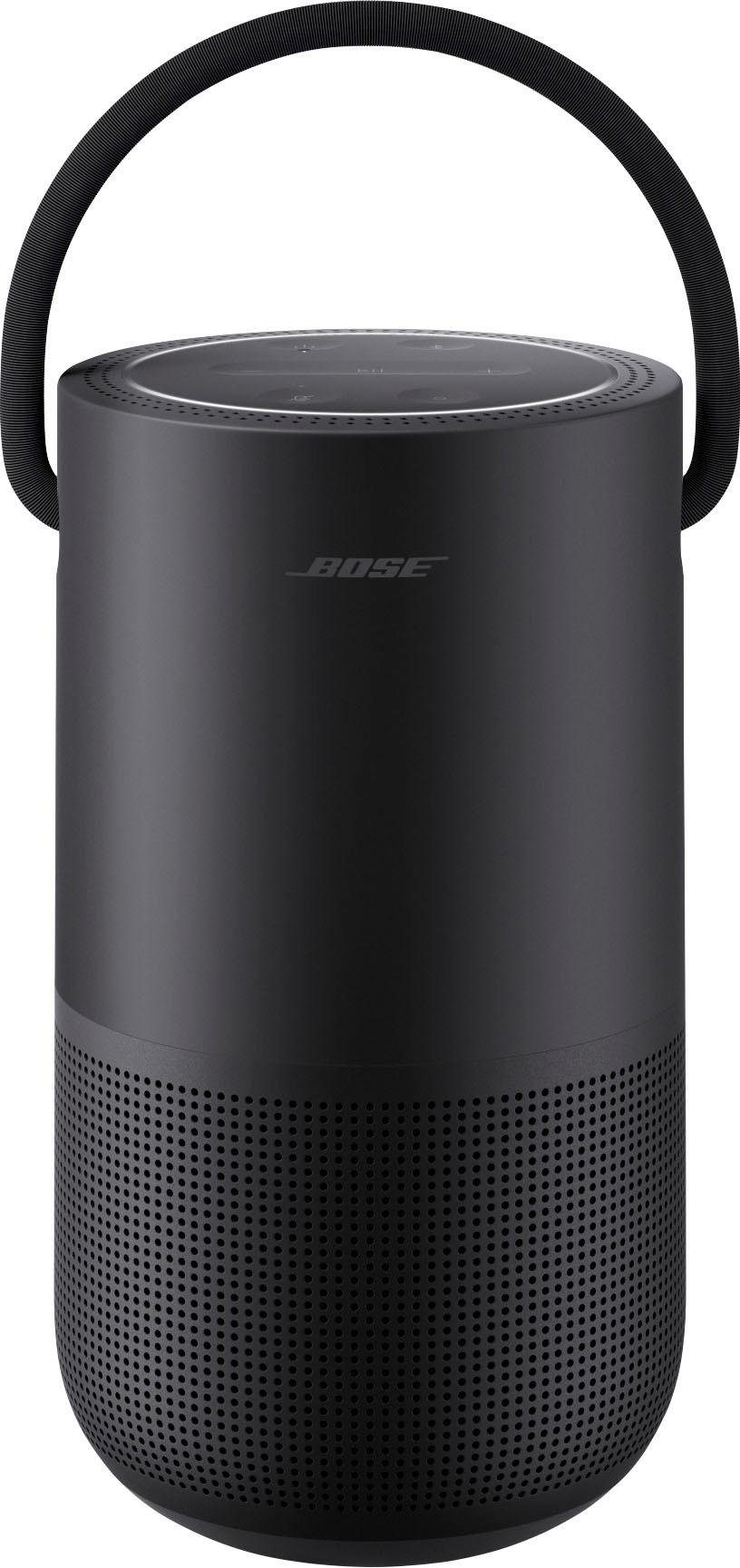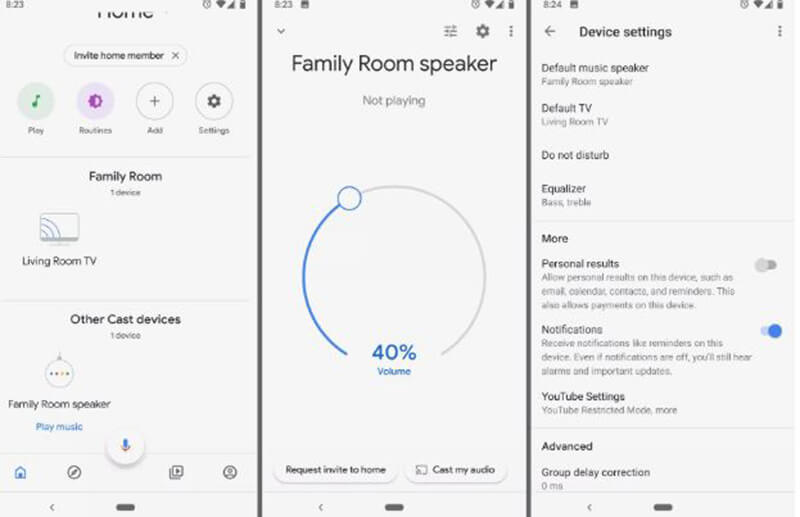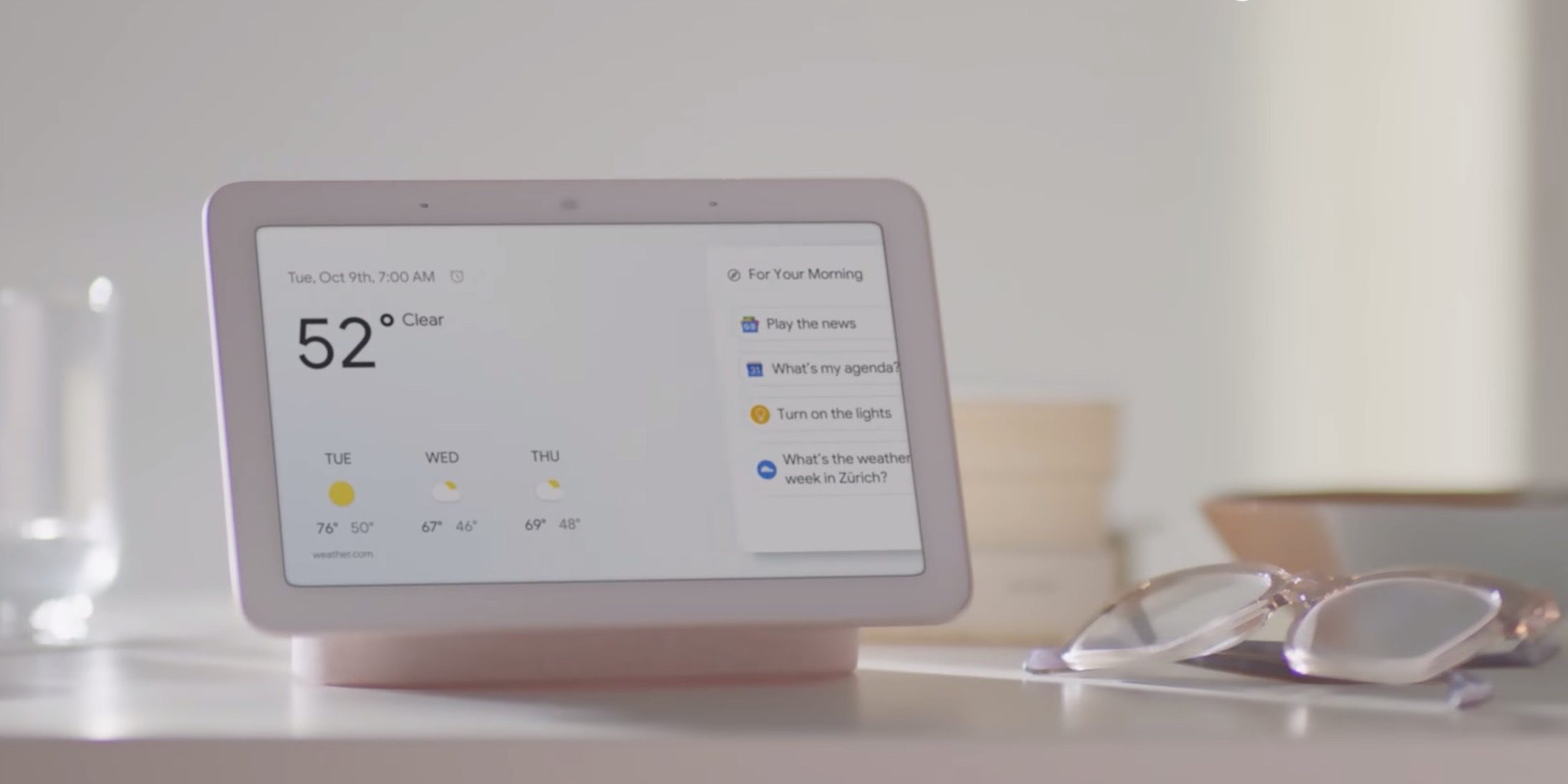Table of Content
Sony also has for years paid Activision Blizzard for exclusivity rights to certain elements of yearly Call of Duty games ; that’s the very same contractual agreement Microsoft said it will honor if the deal goes through. In a secondary issues statement released Friday, the CMA responded to some of Microsoft’s complaints and said the company was not fairly representing the incentives it might have to use the deal to “foreclose” Sony’s ability to compete. But Microsoft is also one of the world’s largest corporations, and praising such colossal industry consolidation doesn’t feel quite like the long-term consumer benefit Microsoft is making it out to be. It’s also worth considering how much better off the industry might be if Microsoft is forced to make serious concessions to get the deal passed. On the other hand, Sony’s fixation on Call of Duty is starting to look more and more like a greedy, desperate death grip on a decaying business model, a status quo Sony feels entitled to clinging to. In August, Microsoft said pulling Call of Duty from PlayStation would be unprofitable, and in this recent filing it claimed that Sony would still have a larger install base than Xbox if every single Call of Duty player on PlayStation switched to Microsoft’s ecosystem.

“Should any consumers decide to switch from a gaming platform that does not give them a choice as to how to pay for new games to one that does ,” Microsoft wrote. “Then that is the sort of consumer switching behavior that the CMA should consider welfare enhancing and indeed encourage.” The Activision Blizzard deal now depends on how convincing that argument is. Many of the Xbox ecosystem’s most attractive features — like being able to buy a game on Xbox and play it on PC, or streaming Game Pass games to multiple screens — are nonexistent in the PlayStation ecosystem, and Sony has made clear it has no desire to change that.
Black Friday 2022 : toutes les offres
The CMA argued that Microsoft could also encourage players to play Activision games on Xbox devices, even if they were available on both platforms, through perks and other giveaways, like early access to multiplayer betas or unique bundles of in-game items. For Microsoft’s Activision Blizzard acquisition, the fate of Call of Duty is starting to look less like a bargaining chip and more like a deal breaker. On Wednesday, the U.K.’s Competition and Markets Authority, one of three pivotal regulatory bodies arguably in a position to sink the acquisition, published a 76-page report detailing its review findings and justifying its decision last month to move its investigation into a more in-depth second phase.
This Friday, we’re taking a look at Microsoft and Sony’s increasingly bitter feud over Call of Duty and whether U.K. Microsoft also went to great lengths to play down its position in the gaming market, a tactic that while strategically necessary does also feel dishonest. Microsoft hit back — hard — and accused the CMA of parroting the talking points of its prime competitor, Sony. But the Xbox maker has exhausted the number of different ways it has already promised to play nice with PlayStation, especially with regards to the exclusivity of future Call of Duty titles. Unless Microsoft is able to satisfy Sony’s aggressive demands and appease the CMA, it now looks like the U.K.
Black Friday Amazon : voici les offres incontournables
Sony’s leading market position is due in part to the company’s first-party studios, many of which it acquired, and the exclusive games they produce. The PlayStation maker has come out against the deal to the CMA and other regulators around the world, but in many ways the tactics it says it fears Microsoft may employ if it owns Activision Blizzard are the very same tactics Sony has relied on for many years. In its statement, Microsoft said taking Call of Duty away from PlayStation players would “tarnish both the Call of Duty and Xbox brands,” and implied that Sony, as market leader, does not need the franchise to continue dominating the console space. Hello, and welcome to Protocol Entertainment, your guide to the business of the gaming and media industries.
Sony’s position on some of these policies, and its feet-dragging response to subscription and cloud gaming and cross-platform play, suggests to me it would rather regulators stop Microsoft’s advances than have to defend its own platform through competition. But beyond that, Microsoft’s strategy of acquiring studios, putting more games on its subscription platform, and supporting game streaming is undermining Sony’s business model. It may also be true that Microsoft is simply so big and its pockets so deep that it’s the only company that can afford this strategy. Microsoft does indeed offer platform perks Sony does not, and we can imagine those perks extending to players of Activision Blizzard games if the deal goes through.









